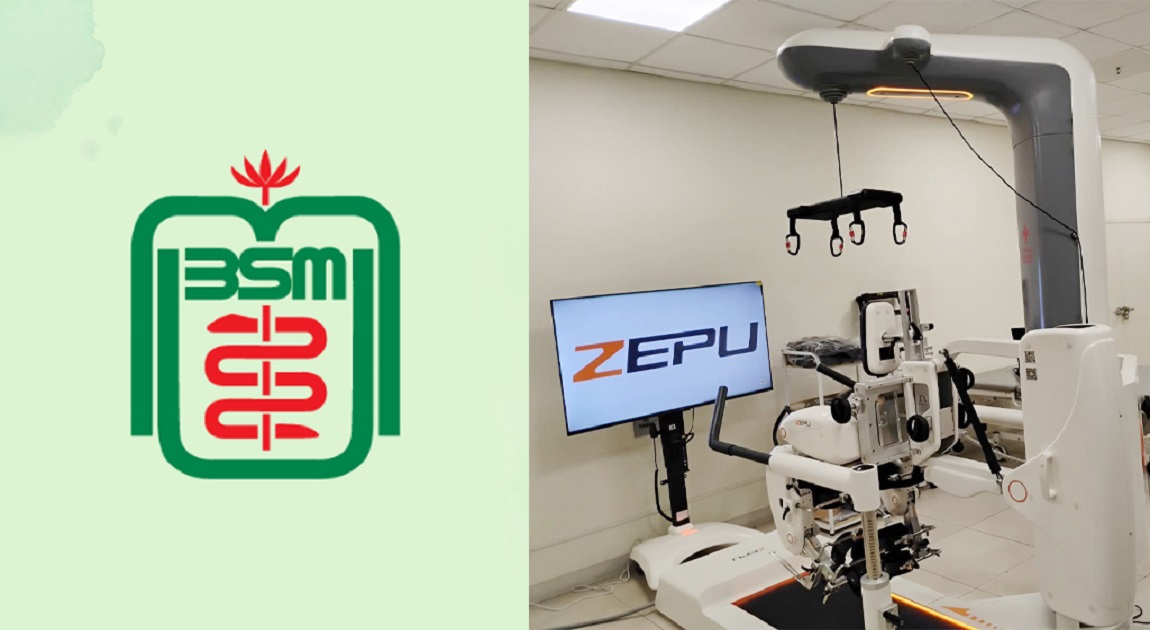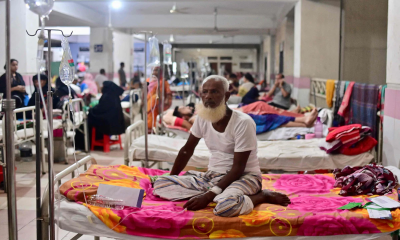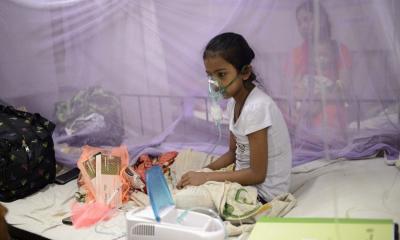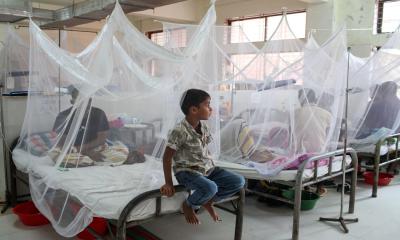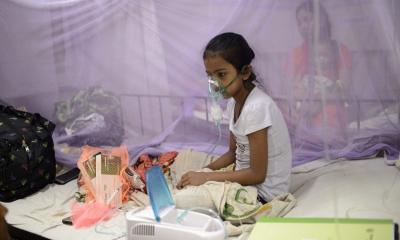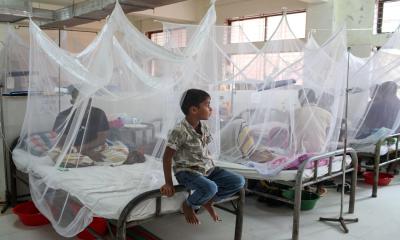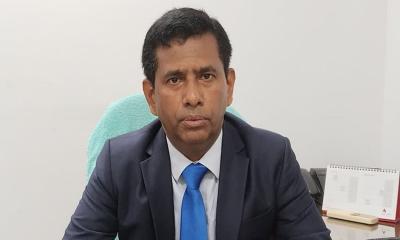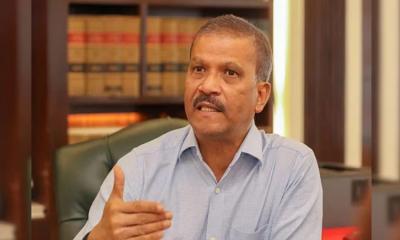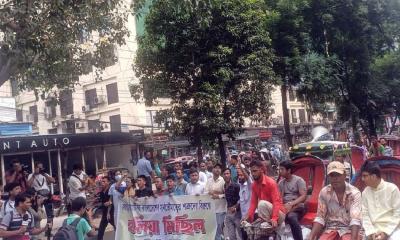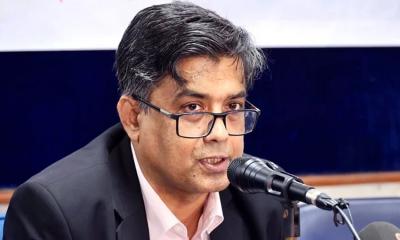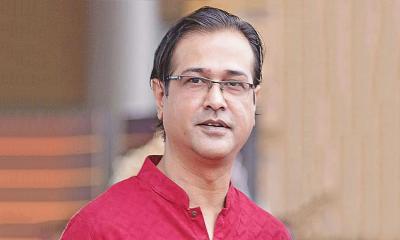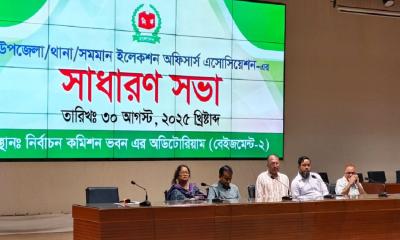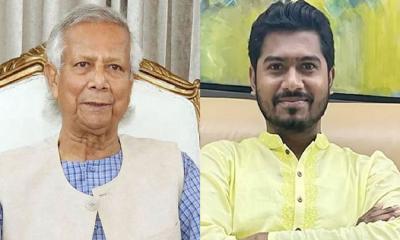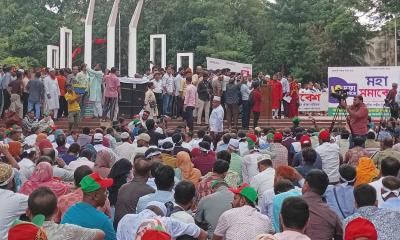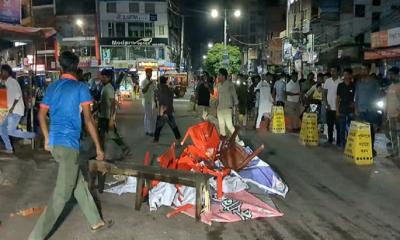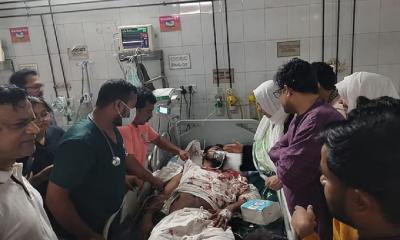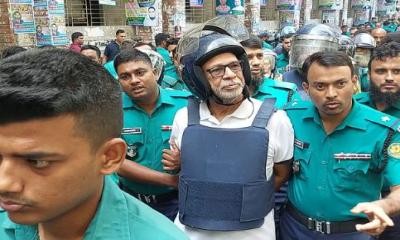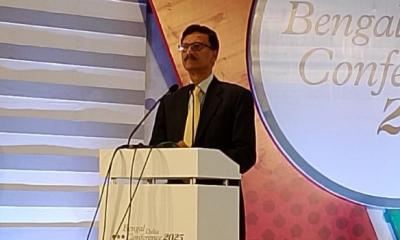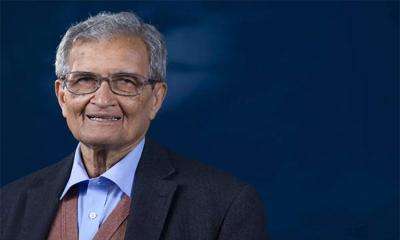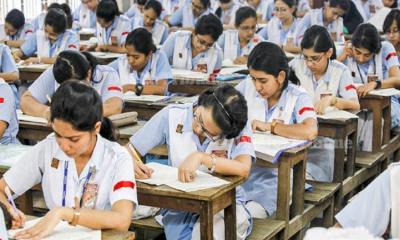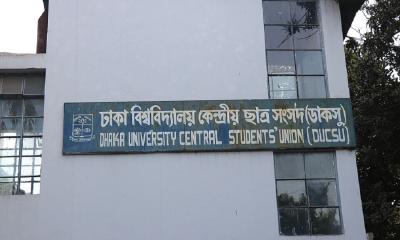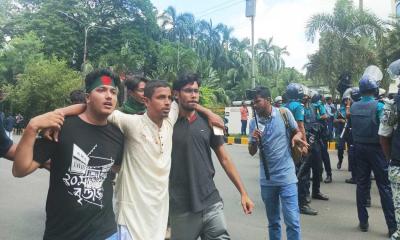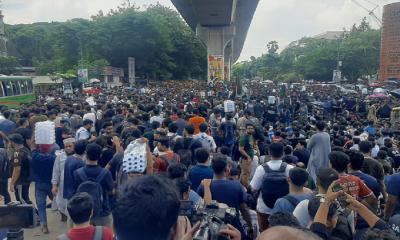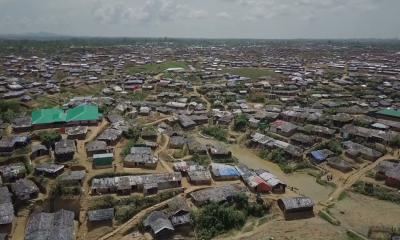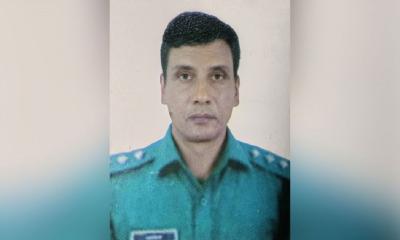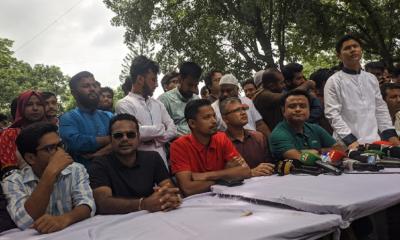A groundbreaking step in rehabilitation for stroke victims and patients suffering from long-term neurological disorders is set to begin in Bangladesh.
Starting tomorrow, July 10, a pilot project will launch at the newly established Robotic Rehabilitation Center within the Bangladesh Medical University (BMU) Super-Specialized Hospital in Shahbagh, Dhaka. This center will provide physiotherapy using artificial intelligence (AI)-based robots.
Established with technical assistance from China, the center is built following advanced global standards and equipped with cutting-edge, precision rehabilitation technology.
The Chinese government has donated robotic equipment valued at approximately 200 million Bangladeshi Taka for this project.
This facility will be among the most modern robotic rehabilitation centers in South Asia and is expected to mark a revolutionary milestone in Bangladesh’s healthcare sector.
The center houses a total of 62 robots, including 22 AI-powered units, capable of delivering highly precise physiotherapy, neurological rehabilitation, and long-term care tailored to individual patient needs.
BMU authorities have reported that a team of seven biomedical engineers from China has already trained 27 doctors and physiotherapists to operate the center.
Once the trained personnel gain adequate experience and all necessary protocols are successfully implemented, the center will be fully operational.
The robotic center is designed to assist patients recovering from stroke, paralysis, neurological disabilities, chronic pain, nerve injuries, frozen shoulder, accident-related complications, and muscle weakness, among other complex rehabilitation needs.
Special emphasis will be given to those injured during the recent student-led mass uprising in July, who continue to suffer long-term health issues. These patients will receive robotic rehabilitation free of charge.
While initially focusing on these specific groups, the center plans to gradually open its services to the general public under a carefully structured policy, aiming to keep treatment costs affordable relative to patients’ financial capacity.
The launch of this center marks the dawn of a new era in technologically advanced rehabilitation treatment in Bangladesh, offering not just a technical breakthrough but also hope and improved quality of life for patients battling paralysis and chronic illnesses.


